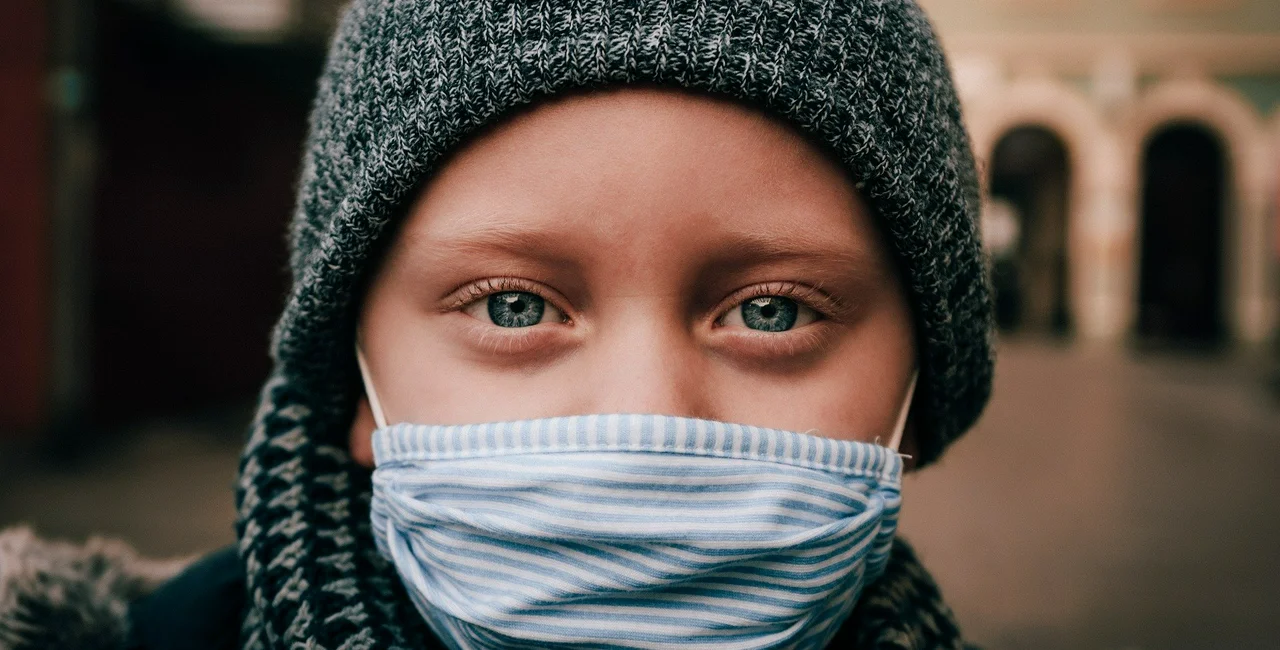The Czech Republic will return to the fourth level on the PES scale as of Friday, Dec. 18, but shops and services can remain open.
The date for the arrival of first batch of Pfizer vaccine has also been announced, pending EU approval, and the government extended the time that the military can help to stop the spread of the virus until June 2021.
PARTNER ARTICLE
Under the fourth level of PES, restaurants, pubs, hotels, swimming pools and fitness centers will have to close. How long the stricter rules will be in place depends on the future development of the epidemiological risk score, calculated on a risk index scale of zero to 100.
For Dec. 15, the risk index is at 66, down from 71 the day before, according to the Health Ministry. For the PES level to drop down again, the risk level index number will have to reach 60 or below for at least seven days.
The nightly curfew from 11 p.m. to 5 a.m. will be reimposed. Gatherings of up to six people are permitted. Weddings, funerals and religious services can have up to 20 people.
The winter break for schools will also start earlier, on Dec. 18 instead of Dec. 22. Students who were still required to work in health and social care facilities will be able to fully return to their studies from Wednesday, Dec. 16.
The Czech Republic had dropped down to the third level on the PES scale on Dec. 3, which allowed stores and restaurants to reopen, but the infection rates rose again into numbers that required the situation to be re-evaluated.
Full details on the announced conditions can be found in our previous story.
The Czech Republic may receive 9,750 doses of COVID-19 vaccine on Dec. 28, with half reaching Prague and the other half Brno, the Czech Vaccinology Society said, adding that it expects the approval of the Pfizer vaccine for the EU by the European Medicines Agency (EMA) on Dec. 21.
Health Minister Jan Blatný (for ANO) confirmed after the cabinet meeting that the first doses of vaccine can be expected by the end of the year if the EMA approves the Pfizer vaccine.
“This will be a rather symbolic supply, the same for all EU states,” Blatný said.
He said EU countries were offered between 1,000 and 10,000 doses of vaccine, and Czech Republic applied for the maximum number.
The country has bought vaccines for about 2 million people in advance via the EU joint purchase.
Pfizer vaccine production has already been underway, and it can start to be distributed after the EMA gives it the green light.
The Czech Republic is to receive supplies of several vaccines from other producers later, for 6.9 million people in total.
About 40 percent of the population plan have themselves vaccinated and 20 percent are undecided for now, a public opinion poll has shown.
The vaccination will be voluntary and fully covered from health insurance. Seniors over 65 and younger people with serious diseases will be vaccinated preferentially, along with health and social care workers and those working in critical infrastructure.
The Czech military will help combat the coronavirus until June 2021 under a decree approved by the government. This extends help that was set to expire at the end of the year.
The government decision passed this summer enabled the deployment of up to 68 soldiers for emergency activities to protect the population and prevent coronavirus spreading.
Soldiers could be asked to help to the Health Ministry, regional public health centers and healthcare institutes. Soldiers may also provide help within the Smart Quarantine project or in sampling teams.
In November, the government also decided to increase the number of the troops who may help in connection with COVID-19 in hospitals or social facilities from 360 to 900. They are primarily employed if personnel fell ill or was quarantined. This government decree is not limited in time.
Voluntary antigen testing for the public will begin Dec. 16. The Health Ministry originally had expected to begin Dec. 18. The test evaluates a sample taken from a nasal swab, and the result is known in about 20 minutes. Over 18,000 people have registered for the tests so far. The cost of the test will be covered by health insurance. It is possible to repeat the test once every five days until Jan. 15.
The government also announced a new compensation package for businesses that are forced to close.
People who had been planning on traveling to parts of Germany that still permitted it for the holidays will also be disappointed. Conditions in Germany will be even stricter than in the Czech Republic. Non-essential shops will close as of Wednesday, Dec. 16, and remain closed at least until Jan. 10. Family gatherings in Germany are also going to be limited in size over the holidays.
Since March, the Czech Republic has reported a total of 586,251 COVID-19 cases, the majority of which were reported in September and October. Of those, there have been 511,798 recoveries. There are currently 64,710 active COVID-19 cases in the Czech Republic. There are 4,547 hospitalized.
The country has reported 9,743 deaths since the start of the pandemic. The R number, showing rate of spread of infection, is at 1.1, according to the Stopcovidcz initiative. Any number over 1.0 means there is exponential growth.












 Reading time: 4 minutes
Reading time: 4 minutes 





























